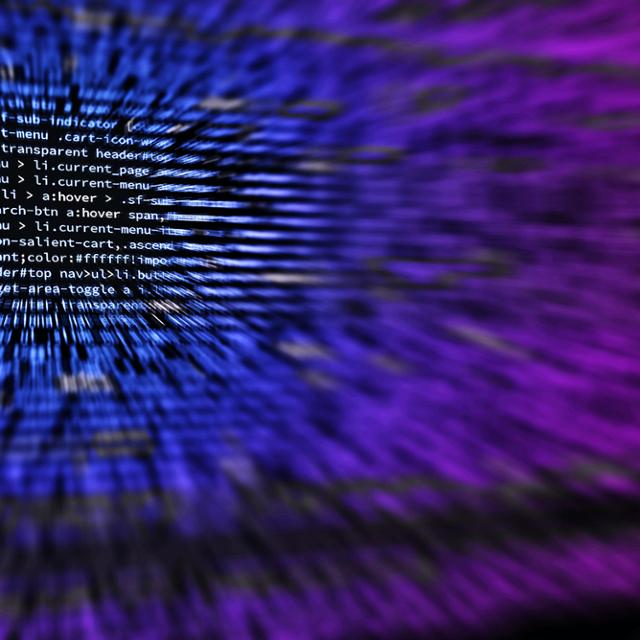
AI & Data Science
Taylor Arnold is a professor of data science and statistics. His areas of expertise include data science, statistics, digital humanities, and linguistics.
Arnold is the co-director of the Distant Viewing Lab, which uses and develops computational techniques to analyze visual culture on a large scale. The lab has studied collections such as photographs from the Great Depression, feature-length films, and American television series.
The lab has created “open-source software designed to apply state-of-the-art computer vision algorithms to digitized collections of still and moving images,” said Arnold. "This technology has applications for libraries, archives, museums, researchers, scholars, and students."
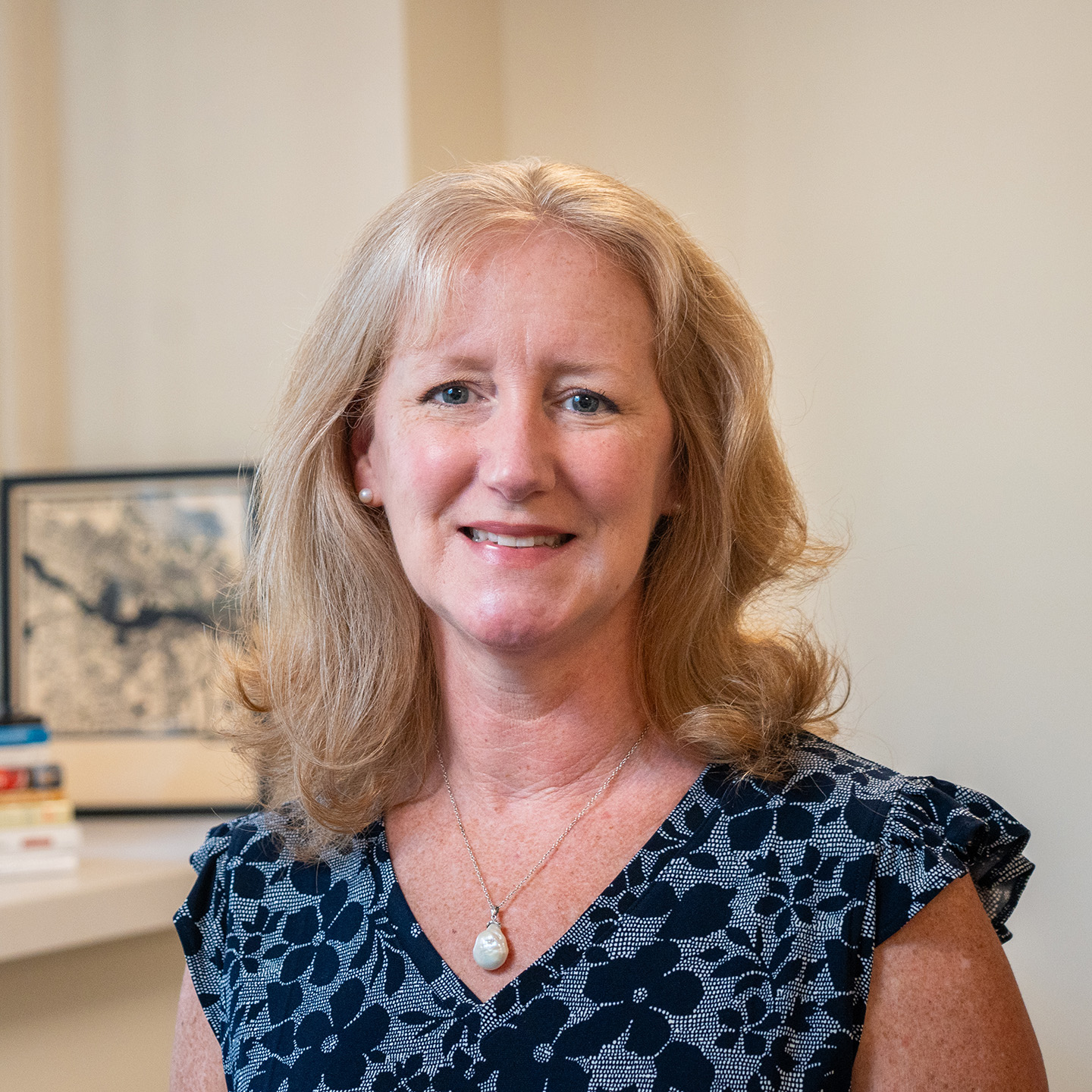
Generative AI in K-12 Schools
Kate Cassada is an associate professor of education and director of the Center for Leadership in Education in the School of Professional and Continuing Studies. She can discuss how teachers and school leaders are addressing AI use in K-12 schools.
“The generative AI industry is moving into education quickly and many people do not understand the terminology or what the technology means for work products, work quality, and ethical use. It’s vital that school leaders understand how to create policy that addresses appropriate AI use among students,” said Cassada.
More about Kate Cassada
Autonomous Weapons
Rebecca Crootof's research explores questions stemming from the relationship between law and technology. She can discuss how technology law policies must now account for artificial intelligence, cyberoperations, and robotics. She can also speak to technological developments related to armed conflict, national security, and autonomous weapons.
“There’s not a whole lot of responsibility for accidents in war,” Crootof said. “This will only become more complicated as AI tools become larger and more complex.”
More About Rebecca Crootof
AI & Scientific Research
Chemistry professor Kelling Donald’s research group uses state-of-the-art computationally demanding methods to model and investigate the structure, chemical bonding, and reactivity of chemical systems involving elements from across the periodic table.
“Modern progress in machine learning and artificial intelligence are making computational tools crucial for chemical insights,” Donald said.
More about Kelling Donald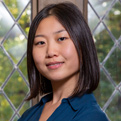
AI & Music Analysis
Computer science professor Yucong Jiang is developing an automated music annotation software tool that will assist music scholars, archivists, and musicians in studying and better understanding recorded music performances.
Called Performance Precision Annotator, the tool will integrate advanced AI technologies into a user-friendly format that requires no programming skills to use. PPA will offer a replacement for traditional music analysis and editing software, which can be time-consuming and doesn’t incorporate musical score information.
"When complete, the prototype will be offered online as an open-source tool for public use and help scholars and other users analyze music with greater efficiency and accuracy, examine larger sets of performances, and discover patterns between performance and theory," Jiang said.
More about Yucong Jiang
Human-Robot Dancing
Roboticist Patrick Martin is an assistant professor of computer science. His expertise is in autonomous robotics and human-robot teaming. His work investigates and develops the algorithms, abstractions, and architectures to create collaborative, safe human-robot teams.
“Despite the recent advancements in artificial intelligence, autonomous robots are still quite brittle when working in dynamic, human-centered environments,” Martin said. “There are still algorithmic and architectural solutions required to create human-robot teams that work seamlessly together to achieve common goals. This work applies an interdisciplinary approach to solving human-robot teaming challenges by taking inspiration from the dance and choreography community.”
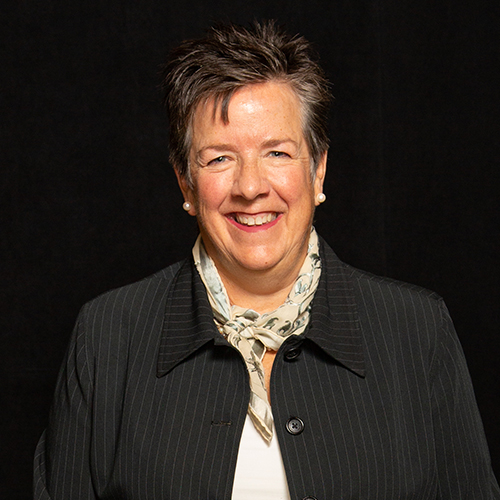
Machine Learning in Science
Chemistry professor Carol Parish uses high-performance computing to generate large molecular data sets, which are analyzed using machine learning techniques to build predictive models. The Parish lab is currently developing logP models that can be used to determine the distribution of drugs across the blood-brain barrier.
“Statistics, machine learning, and AI are becoming increasingly important in scientific research. Rather than relying on computationally intensive calculations to solve every distinct problem, we can harness the power of statistics and computing to build models that replace those one-off calculations with highly efficient and predictive models. As just one example, the ability to accurately calculate logP values is a computationally intensive task necessitating months of calculations. Performing quantum chemical calculations on a sub-set of drug-like molecules, and using this data to train a computational model, will allow future scientists to more quickly determine results.”
More About Carol Parish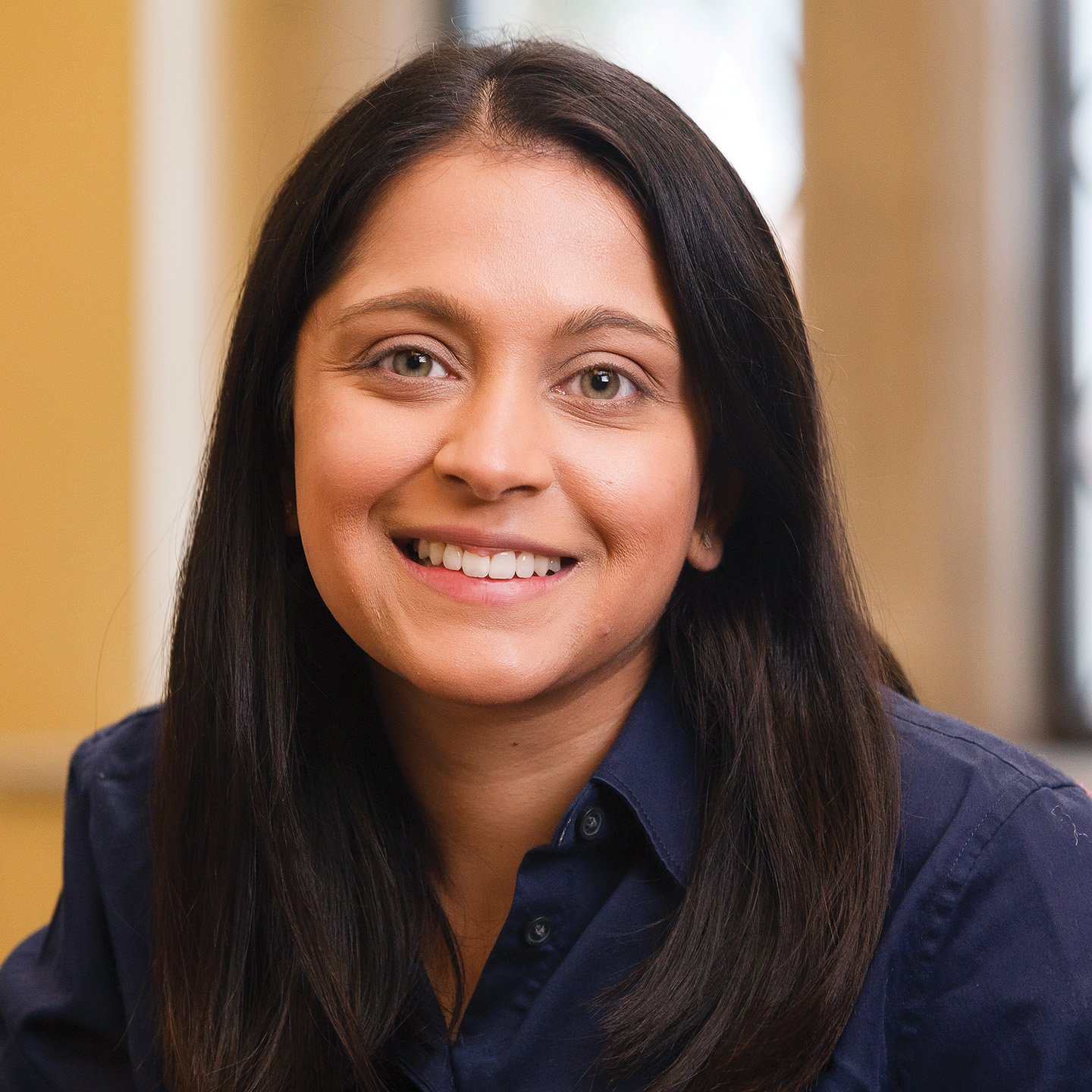
Risk Assessment & AI
Shital Thekdi is associate professor of analytics & operations at the Robins School of Business and an expert on risk assessment and cybersecurity. She can provide expertise on how individuals and businesses can use AI effectively and ethically, as well as the pitfalls of using these tools:
“It is essential that we all know when to trust the information from AI technologies and when to disregard or override these technologies by leveraging knowledge, experience, and ethical reasoning,” Thekdi said.
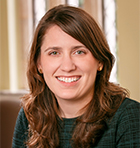
Machine Learning & History
Lauren Tilton, associate professor of digital humanities, can discuss how researchers are using machine learning to analyze large numbers of archival documents — and the biases present in their research.
“Computer vision for historical images faces certain challenges, including a “present-ist” bias,” Tilton said. “Essentially, many AI models are trained on modern data sets, meaning computers may only recognize contemporary versions of objects in color images. This all makes computer vision less accurate.”
More about Lauren Tilton
AI in Higher Education
Andrew Bell is a technology consultant in the Teaching and Scholarship Hub and can discuss how artificial intelligence tools like ChatGPT and Midjourney are being integrated into the classroom, and how they impact teaching and scholarship at institutes of higher education.
“In teaching, there was an initial concern about these chatbots impacting the academic integrity of the courses taught here,” Bell said. “We are still in the early days of these tools, but so far most of our conversations with faculty have been about how the tools can help students achieve their learning objectives.”
More about Andrew Bell